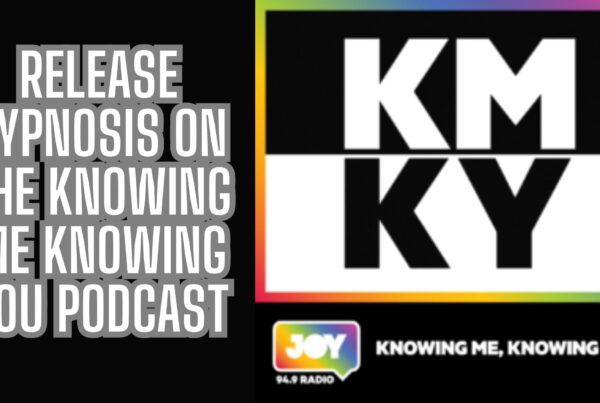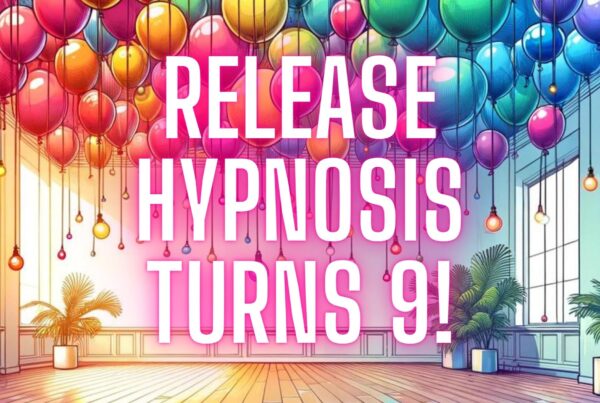Self-Hypnosis to Overcome Procrastination
Procrastination is often viewed as a silent thief, stealthily robbing us of our time and productivity. It’s a subtle foe that shows up when we least expect it, turning our good intentions into empty promises. Fortunately, the key to overcoming this thief isn’t held in a far-off castle, but rather, it is within each of us. It’s through the practice of self-hypnosis, a well-researched and effective technique, that the fortress of procrastination can be dismantled brick by brick.
The Magic Within: Understanding Self-Hypnosis to Overcome Procrastination
In the heart of our minds lies a secret garden, a place where change and transformation can blossom. This garden is cultivated by self-hypnosis. Unlike the common perception of hypnosis that is often depicted in movies, real hypnosis is a scientifically supported tool that can alter our thoughts, feelings, and behaviors (Oakley & Halligan, 2013). In this secret garden, you are the gardener, the one who is in control. You hold the power to plant the seeds of change.
Hypnosis: A Science, Not Just a Show
Research shows that self-hypnosis isn’t a mere spectacle, but a technique rooted in the science of the brain. A study by Hoeft et al., (2012) demonstrated that hypnosis can indeed alter the cognitive processes in the brain. These changes, in turn, can lead to modified behaviors. It’s like rewiring your brain’s circuitry, allowing you to move past the roadblock of procrastination.
When the whispers of procrastination start to echo in your mind, self-hypnosis can be used to quieten them. It is a powerful tool that, when utilized effectively, can make those whispers fade away until they’re nothing more than a distant memory.
Taming the Procrastination Beast with Self-Hypnosis
Overcoming procrastination with self-hypnosis is akin to taming a wild beast. At first, the task may seem daunting, but with gentle consistency, even the most untamed beast can be soothed.
In the realm of self-hypnosis, a safe and calm environment is the first step. In a quiet space, comfortably seated or lying down, you would begin by focusing on your breath, as though it were a gentle breeze rustling the leaves of your secret garden.
Gradually, as your mind settles, you’ll start to introduce positive suggestions to your subconscious mind. These suggestions are like the seeds you sow in your garden, replacing the thorny bushes of procrastination with the blossoming flowers of productivity and motivation.
One such suggestion could be, “Every day, I find it easier to start tasks right away.” As per the research by Raz (2007), these suggestions are more than mere words. They’re powerful mantras that can steer your subconscious mind towards more productive habits.
The art of self-hypnosis takes time to master, as does any skill. Like learning to play a musical instrument, patience and practice are key. With consistent practice, the music of productivity begins to play more clearly, drowning out the off-key notes of procrastination.
The Journey of Self-Hypnosis
Self-hypnosis is not an instant cure but a journey. As with any journey, there may be bumps in the road. Sometimes, the old habit of procrastination may resurface, but it’s important to remember that it’s merely a hurdle, not a dead end. By integrating mindfulness techniques alongside self-hypnosis (Semple, Lee, Rosa, & Miller, 2010), one can learn to deal with these setbacks more effectively.
Viewing setbacks as part of the journey rather than as failure helps in navigating the road to change. Like a river that meets a rock and simply flows around it, mindfulness allows us to acknowledge the presence of procrastination without allowing it to dictate our actions.
Leveraging the Power of the Subconscious
Within the realm of self-hypnosis, the subconscious mind is like a fertile soil, ready to nurture the seeds of change. These seeds of change, in the form of positive suggestions, are then able to flourish, leading to a transformation in behavior.
In this way, self-hypnosis allows us to tap into our inner resources, turning the tables on procrastination. No longer is procrastination the thief of time; instead, it becomes a signpost, a signal that it’s time to journey into our secret garden and tend to the blossoming flowers of productivity and motivation.
Using Assistance For Self-Hypnosis
Some people might like to explore a process for self hypnosis while others may prefer to use pre-recorded content to help guide them through the experience. There are several options, and the choice is yours.
Release Hypnosis Melbourne Hypnotherapy
Since 2016, Lawrence Akers has been working under the name Release Hypnosis offering Hypnotherapy and ACT based work to the people of Melbourne or an online service. Based on St Kilda Rd, Release Hypnosis is an easy and convenient location to get to and accessible by the ANZAC station train and tram stop. Release Hypnosis can help with a wide range of presenting issues, and I offer a free 30 minute no obligation discovery call for those who are unsure if hypnotherapy is the right way forward for them.
Book Your FREE 30 Minute Consultation With Release Hypnosis NOW!
References for ‘Self-Hypnosis to Overcome Procrastination’
- Hoeft, F., Gabrieli, J.D.E., Whitfield-Gabrieli, S., Haas, B.W., Bammer, R., Menon, V., & Spiegel, D. (2012). Functional brain basis of hypnotizability. Archives of General Psychiatry, 69(10), 1064–1072.
- Oakley, D. A., & Halligan, P. W. (2013). Hypnotic suggestion: opportunities for cognitive neuroscience. Nature Reviews Neuroscience, 14(8), 565–576.
- Raz, A. (2007). Suggestibility and suggestibility-related phenomena. In Hypnosis and Conscious States: The Cognitive Neuroscience Perspective (pp. 119-139). Oxford: Oxford University Press.
- Semple, R.J., Lee, J., Rosa, D., & Miller, L.F. (2010). A Randomized Trial of Mindfulness-Based Cognitive Therapy for Children: Promoting Mindful Attention to Enhance Social-Emotional Resiliency in Children. Journal of Child and Family Studies, 19(2), 218-229.
You may also like to read:
Discovering Purpose and Values: A Path to Mental Well-being
Can’t Visualise in Hypnosis? Here’s What You Can Do Instead.
Dealing with Financial Stress and Crisis: Finding Peace Amid Turbulence
What Is The Success Rate of Hypnosis?








